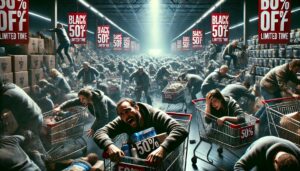Many have an exaggerated opinion of what markets can achieve. They mistakenly think of markets (and more so, free markets) as some magical force that acts in the best interests of society and makes us all better off in the end. The problem with this assessment is that it is unrealistic and misunderstands how markets work. The market is a compilation of interactions between individuals and organizations who, in general are looking out for their own best interests. Some of the actors have access to more/better information and have far greater leverage than others. Often times the best interest of these actors aren’t aligned with those of the rest of society. And this is when we have a market failure.
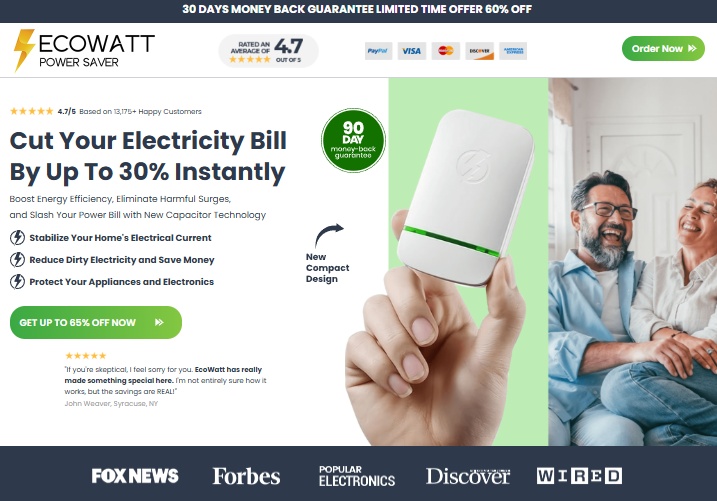


The Free Market fails to protect our air and water quality
Think for example of a corporation with several factories. It is in this corporation’s best interest to reduce costs by simply dumping toxic waste down the river. However, such actions are not in the best interest of those influenced by the toxic river. Furthermore, those who buy products by these corporations are acting in their own best interests by saving money on these items and likely won’t know about the toxic waste being dumped into the river. And of those who do know, these moral sentiments may not be enough to offset propensity to save money. This is where regulation comes into play.
This is why the world’s most polluted cities exist in countries without EPA-like organizations.

The Free Market fails to provide for basic worker’s rights



Under a truly free market, workers have little/no leverage as its employers who are able to pick and choose among workers much easier than workers can pick and choose amongst employees. What we call minimum wage would seem like a pipe dream and many basic worker safety and compensation for work-related injuries would be virtually non-existent as employees chose from the lowest bidders who worked for the least amount with the least amount of protections. We have an example of this; before the modern age of basic worker protections, children could be employed in sweatshops with virtually no protection and a 40 hour work week would be a part time job by comparison.
This is why the pre-New Deal era in the United States was a time of child labor and rampant poverty.
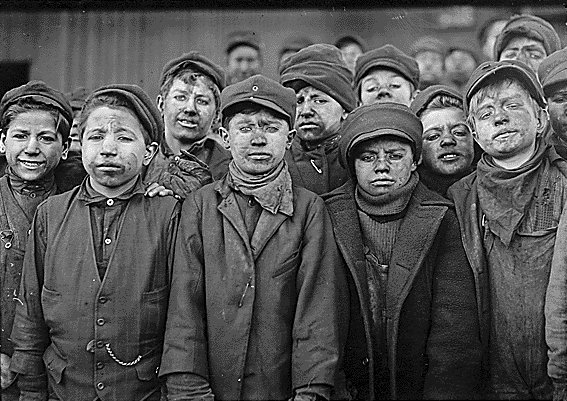
The Free Market fails to provide Energy Independence and Clean Energy
Left to its own devices, the free market favors established dirty fossil fuels that have decades worth of advantage over newer clean alternatives that have yet to develop a similar economy of scale. This is why government subsidies are essential to helping newer technologies get up to speed. Furthermore, the rules need to modified to make clean technologies a favorable investment for the private sector. Raising MPG standards and implementing a cap and trade system will motivate the private sector to invest in more efficient fuel standards and cleaner technologies.
Many free market advocates unwittingly point to Japanese car manufacturers and China’s ability to largely outcompete with the US in clean energy sources. What they don’t realize is that Japan has implemented and maintained much higher MPG standards than the US, and China has invested more money in alternative energies than the US. Nevertheless, the solar industry has grown quarter over quarter in the US.
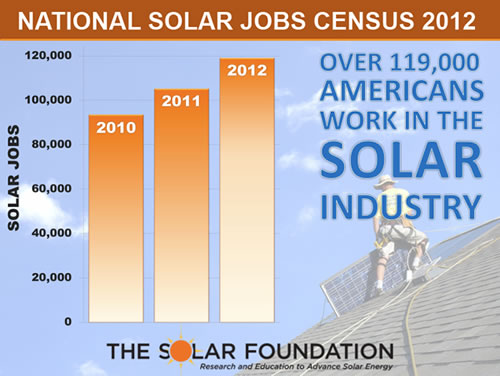
The Free Market Fails to provide affordable health care
Private sector health care continues to run its course. Private sector health insurance companies make money by charging premiums and deductibles and lose money by actually providing service. As medicines and medicinal technologies continue to advance, they become more expensive to administer. What’s more, private sector health insurance companies spend money on researching prospective policy holders in order to determine how much to charge them or whether they are too high risk to cover. This is all money that gets tacked on to policy holder’s premiums as these costs are shifted on to policy holders. In fact, the public insurance (Medicare/Medicaid) not only spends more money per dollar on providing actual health care than their private sector counterparts, but costs have risen slower for Medicare/Medicaid than it has for private sector insurance companies.
The Free Market Fails to cure diseases that afflict low income people
The free market is adept at solving problems that afflict many people, or people with money. It is not so great at addressing problems for lower income people, or problems that affect a small number of people. Why? Because there is no hope to recoup their R&D investments. A perfect example are the infamous “Orphan Diseases.” This is why the Orphan Drug Act, once implemented resulted in the cure for many of these previously untreated diseases.
The Free Market Fails to allow for a Middle Class



What we’ve come to think of as a middle class didn’t actually exist until the late 1930’s, after certain New Deal programs were put in place. Through higher rates of unionization and higher taxes on the corporations and the wealthiest Americans (along with investments into the economy that created opportunities for average Americans), incomes became compressed. Since the late 70’s/early 80’s however, many of these policies have been reversed and what we’ve seen a return of pre-New Deal wealth and income disparities. In fact, the United States now has the greatest income disparity of any advanced nation. Countries with smaller governments tend to have greater disparities in wealth.
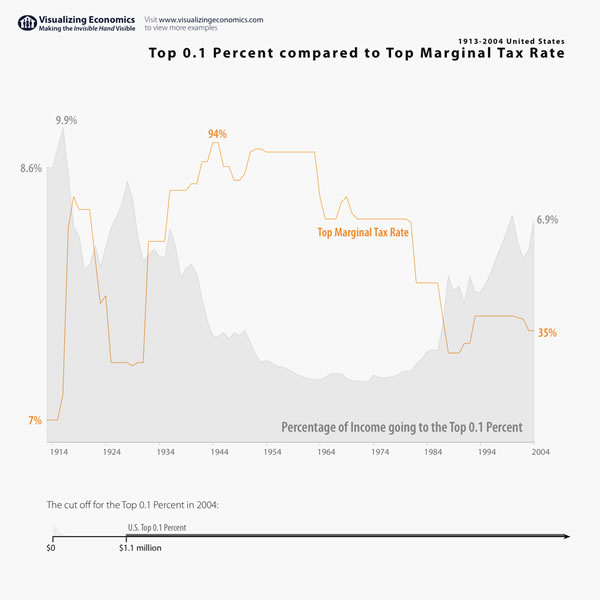
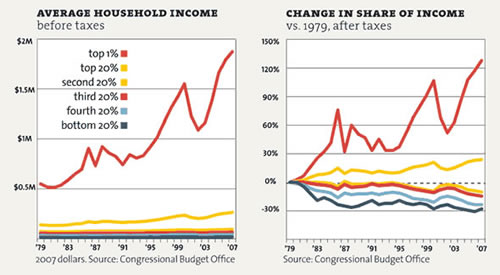
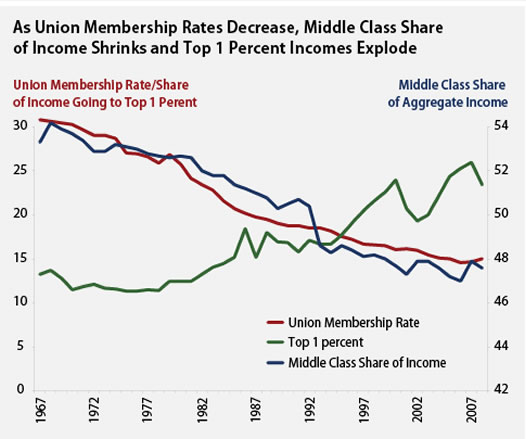
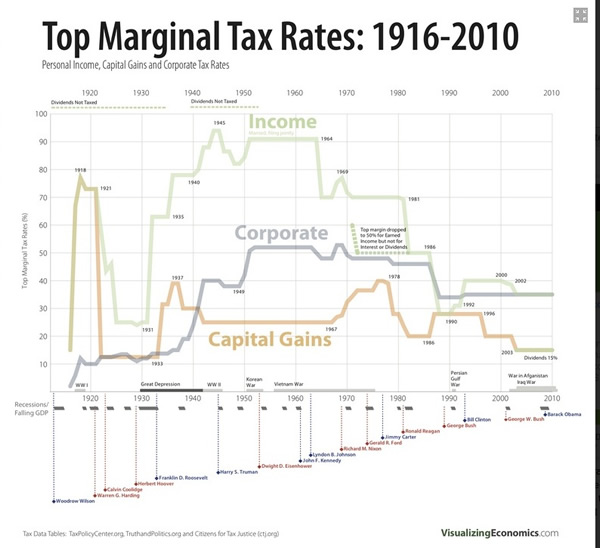
The Free Market fails to provide trustworthy news sources
News companies generally rely on revenues from advertising and subscribers, and compete with entertainment sources for this revenue. The effect: The news itself becomes an entertainment medium in order to compete. What we are left with are decontextualized sound bytes and rhetoric that play on our emotions and have us coming back for our fix instead of long, drawn out and ‘boring’ facts that would render the news too boring to compete with sports, reality shows and TV drama.
What’s more; because of the dependence on advertising revenue, these news sources are less likely to report stories or facts that would alienate their sources of advertising revenue (often large corporations).
The Free Market fails to protect nature/wildlife – There is no profit in conservation/preservation.
Unregulated fishing and hunting leads to population depletion (which actually hurts the fishing industry in the long term—an example of how unregulated Capitalism is self-cannibalizing). But aside from food production, there exists a market for things like ivory, blubber, timber and other natural resources.
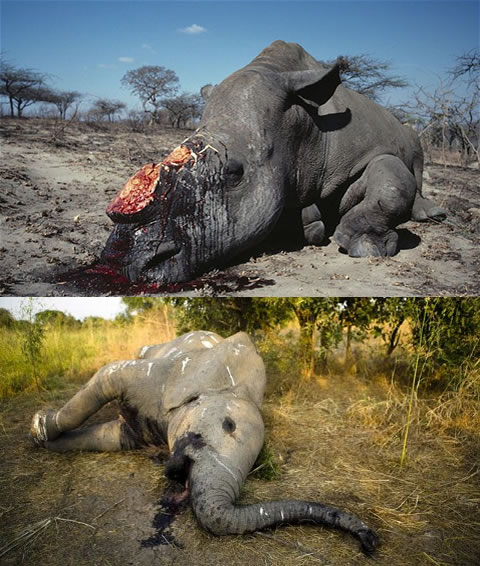
Privatization of national parks leads to over-hunting and deforestation. There is no real business model in “preserving nature” and hence, this is something that must be taken up by the public sector.
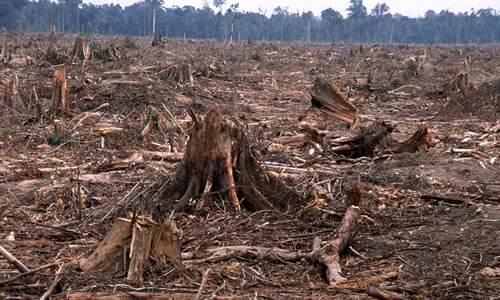

The Free Market fails to stabilize the banking industry
Prior to the FDIC (Federal Deposit Insurance Corporation), bank runs were common. Negative speculation (whether accurate or not) resulted in massive bank runs. People would run to the banks to pull their money out, which would cause more panic, which would cause more people to run to the bank to pull their money out. Banks never kept enough cash on hand to pay everyone out, so they too had to call in their money from other banks. What’s more, employers reacted to these panics by not hiring or even laying people off which course, caused more panic.
Thanks to the FDIC, depositors who are covered are assured that their bank accounts are secure and are therefore not enticed to withdraw all of their savings at the first sign of panic.
The Free Market fails to provide market confidence
Thanks to agencies like the SEC, investors can have a certain level of confidence that they are investing in credible companies. This is why companies who are in fact under SEC regulation make their SEC disclosures easily accessible to investors (or potential thereof).
A perfect example of the market failing to regulate itself are the role private sector ratings agencies like Moody’s, Fitch and S&P played in the recent financial bubble by giving AAA and AA ratings to subprime RMBS and CDOs. The need of these agencies to maintain/increase market share was easily exploited by major banks choosing agencies with lower standards.
